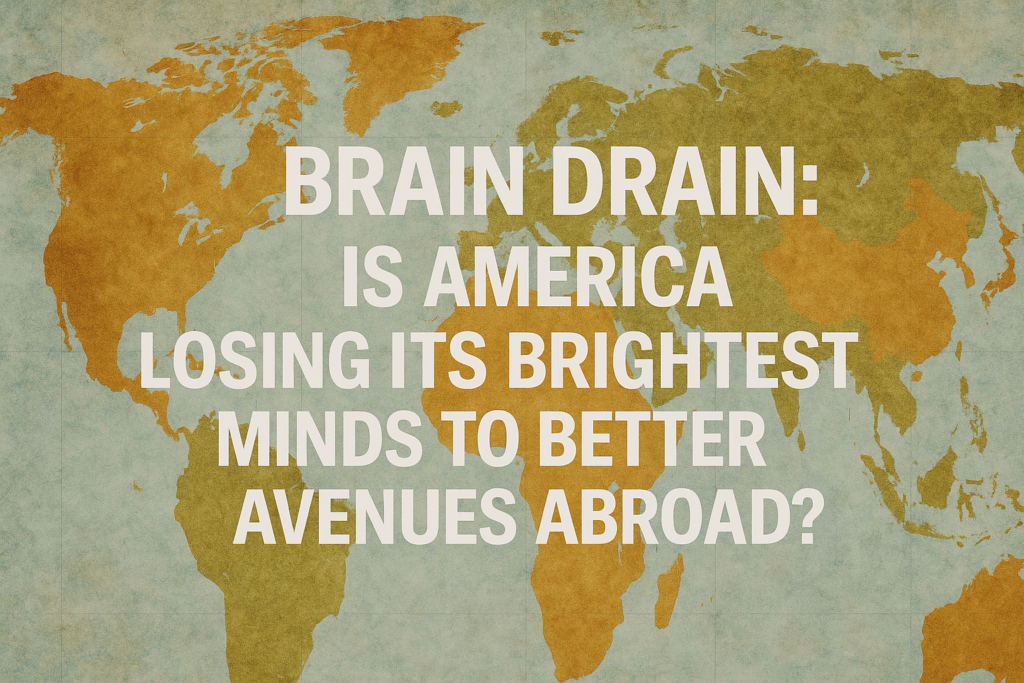
For over a century, the United States has been the global magnet for scientific talent, drawing the world’s brightest minds to its universities and laboratories.
But The Economist reports, a growing number of international students and researchers are now looking elsewhere, raising concerns about a looming brain drain that could threaten America’s scientific leadership.
Visa barriers and funding cuts
The Economist highlights that restrictive visa policies and reduced research funding are making it harder for top international graduates to stay and work in the US. Although the country’s higher education system remains a powerful draw, the hurdles to securing long-term employment or residency have become increasingly daunting.
According to the National Science Board, foreign-born individuals comprise 19% of all STEM workers and 43% of doctorate-level scientists and engineers in the US, underscoring the nation’s historic reliance on global talent.
Declining retention rates
Recent data show a clear shift: In 2024, the number of foreign STEM graduates staying in the US post-study dropped by 18%, according to figures cited by The Economist.
While the US has traditionally boasted high retention rates—research from Georgetown University finds that about 77% of international STEM doctoral graduates remained in the country over the past five years—recent trends suggest this rate is slipping, particularly among Chinese and Indian graduates, who make up nearly half of all international STEM PhDs in the US.
Global rivals step up
As America’s immigration pathway becomes more uncertain, other countries are seizing the opportunity. The Economist notes that Canada and Australia have introduced fast-track residency and expanded work rights for skilled STEM graduates, making them increasingly attractive destinations. These policy shifts are drawing talent away from the US at a critical moment.
The cost to American science
The consequences are already visible. The Economist reports that global scientific publications by US-based researchers have declined by 7% in the past two years, a sign that America’s edge in research and innovation may be eroding. Experts warn that if the trend continues, the US risks losing its status as a world leader in science and technology.
As the global competition for talent intensifies, The Economist’s analysis suggests that unless the US reforms its visa and research funding policies, its brightest minds may continue to slip away—taking innovation, economic growth, and scientific prestige with them.
Attribution: All facts, figures, and analysis in this article are drawn from recent reporting by The Economist, with supporting data from the National Science Board, Georgetown University, and other higher education experts.



